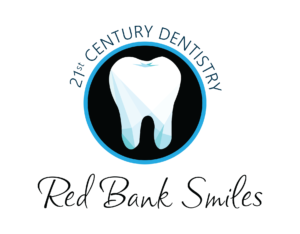I Experience Jaw Pain

TMJ Splints vs. Night Guards
While both temporomandibular joint (TMJ) splints and night guards can help protect the jaw joints, muscles, and teeth, these two dental devices serve different purposes. Learn what sets TMJ splints apart from night guards and better understand which dental appliance is right for your needs below.
About TMJ Splints
Available in various styles – including permissive and nonpermissive– occlusal, or TMJ, splints help relieve jaw pain caused by TMJ disorders. Splints are designed to support and stabilize the joints and muscles to prevent malocclusion, or the incorrect positioning of the teeth when the jaws are closed.
Providing more vertical support than a night guard, TMJ mouth splints are typically intended to move the lower jaw, guiding it to a more natural position. The period in which a patient may be required to wear a TMJ splint ranges from a few weeks to several months.
About Night Guards
For patients who have bruxism, a condition that involves chronic clenching or grinding of the teeth, a night guard may be recommended. Over time, this condition can cause tooth wear and fractures, myofascial pain, headaches, and other issues. While a night guard may not treat bruxism entirely, it can help protect the teeth, joints, and muscles during sleep.
Like TMJ splints, night guards are designed to facilitate a movement of the lower jaw. However, they do not provide significant forward jaw movement or vertical support. Occasionally, a doctor may recommend a night guard to be worn during certain daytime activities, such as weightlifting, driving, or studying, where clenching and grinding habits may appear.
Book an Appointment with Red Bank Smiles
Whether caused by a TMJ disorder or bruxism, myofascial pain shouldn’t affect your quality of life. Schedule an appointment with Red Bank Smiles to see if a splint or night guard can alleviate discomfort.







